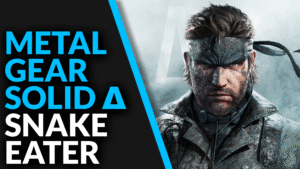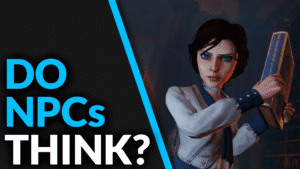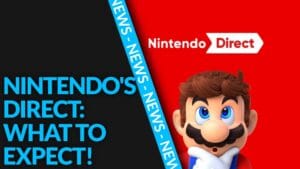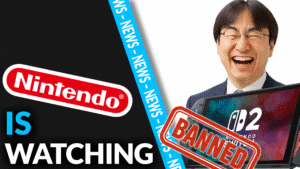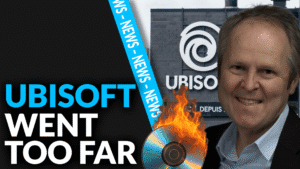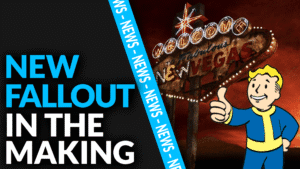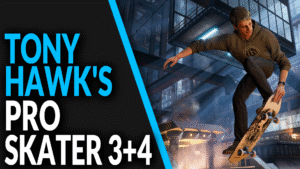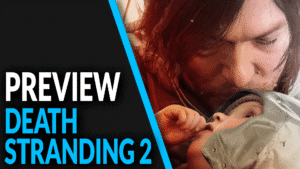Assassin’s Creed Shadows was supposed to be Ubisoft’s comeback story. Feudal Japan. Two protagonists. A return to stealth roots. Fans begged for this for years. But instead of delivering a genre-defining hit, Ubisoft dropped what might be the most lukewarm Assassin’s Creed launch in over a decade. Sales are stalling, the player base is evaporating, and Ubisoft’s stock just took an 18% nosedive. So yeah, let’s talk about it.

Let’s start with the numbers – and no, Ubisoft didn’t want you to look too closely. According to aggregated data from sales trackers and leaks, Assassin’s Creed Shadows sold about 1.7 million copies on PS5, 367,000 on Steam, and an unknown but clearly weaker number on Xbox. That puts it somewhere around 2.4 to 2.5 million total copies sold after two months. For context, Valhalla sold over 5 million in its first week. Odyssey did 10 million lifetime. Shadows? It’s barely crawling out of the gate.
And you know Ubisoft was sweating, because they tried to spin it hard. They boasted “second highest Day 1 revenue in franchise history” and “3 million players.” What they didn’t say? That includes Game Pass trials, deluxe bundle buyers, and likely some fuzzy math. Meanwhile, active Steam players have already dipped under Odyssey’s daily numbers, and that game is six years old. According to SteamDB, Shadows peaked early and then cratered. It’s the digital equivalent of a ghost town.
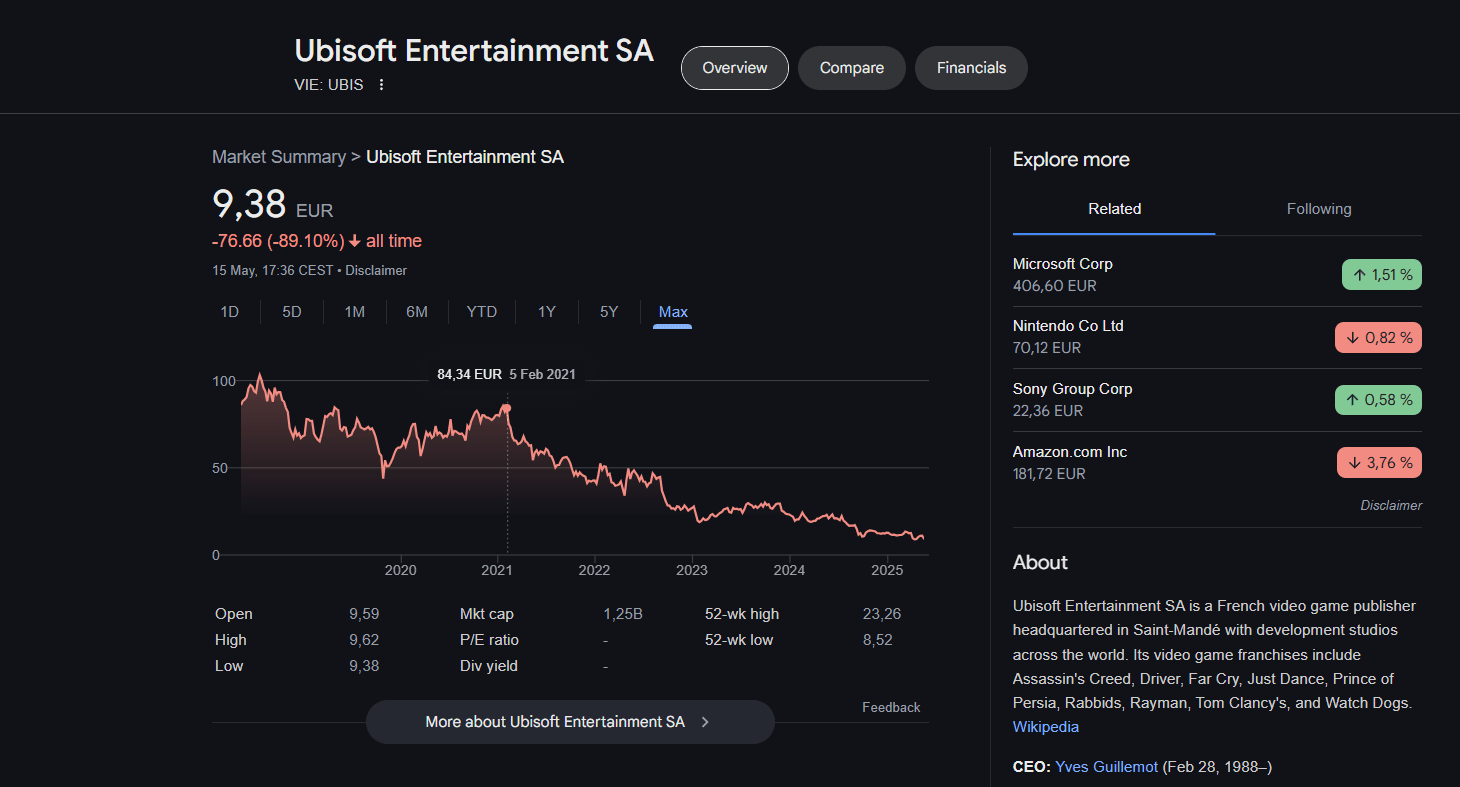
Ubisoft’s financials tell the rest of the story. After Shadows’ release, Ubisoft’s full-year net bookings fell by 20.5%, down to €1.85 billion. The stock dropped 18% in a single day following their earnings call. That’s not a company celebrating success. That’s a panic sell. Add this to the fact that Ubisoft’s market cap has dropped 85% since 2021, and you’ve got a studio in freefall, desperately trying to spin its way out of a crash landing.
But let’s not pretend this came out of nowhere. Assassin’s Creed Shadows walked into a minefield of its own making. From day one, fans were divided over the protagonists. Naoe, a female shinobi, and Yasuke, a Black samurai inspired by a real historical figure, were met with skepticism – and in some corners, outright culture war nonsense. But while the racism online was ugly and predictable, what really hurt Shadows was less ideological and more practical: the game just wasn’t that good.
Critics noted that the open world felt generic, the RPG systems were bloated, and the narrative lacked cohesion. Stealth was “back,” but mostly in marketing language. In reality, Shadows is stuck in that Ubisoft formula: bloat, towers, filler quests, and half-baked mechanics that don’t synergize. Even fans who were excited going in are now saying it feels like “DLC with a new skin.” That’s not innovation. That’s creative bankruptcy.
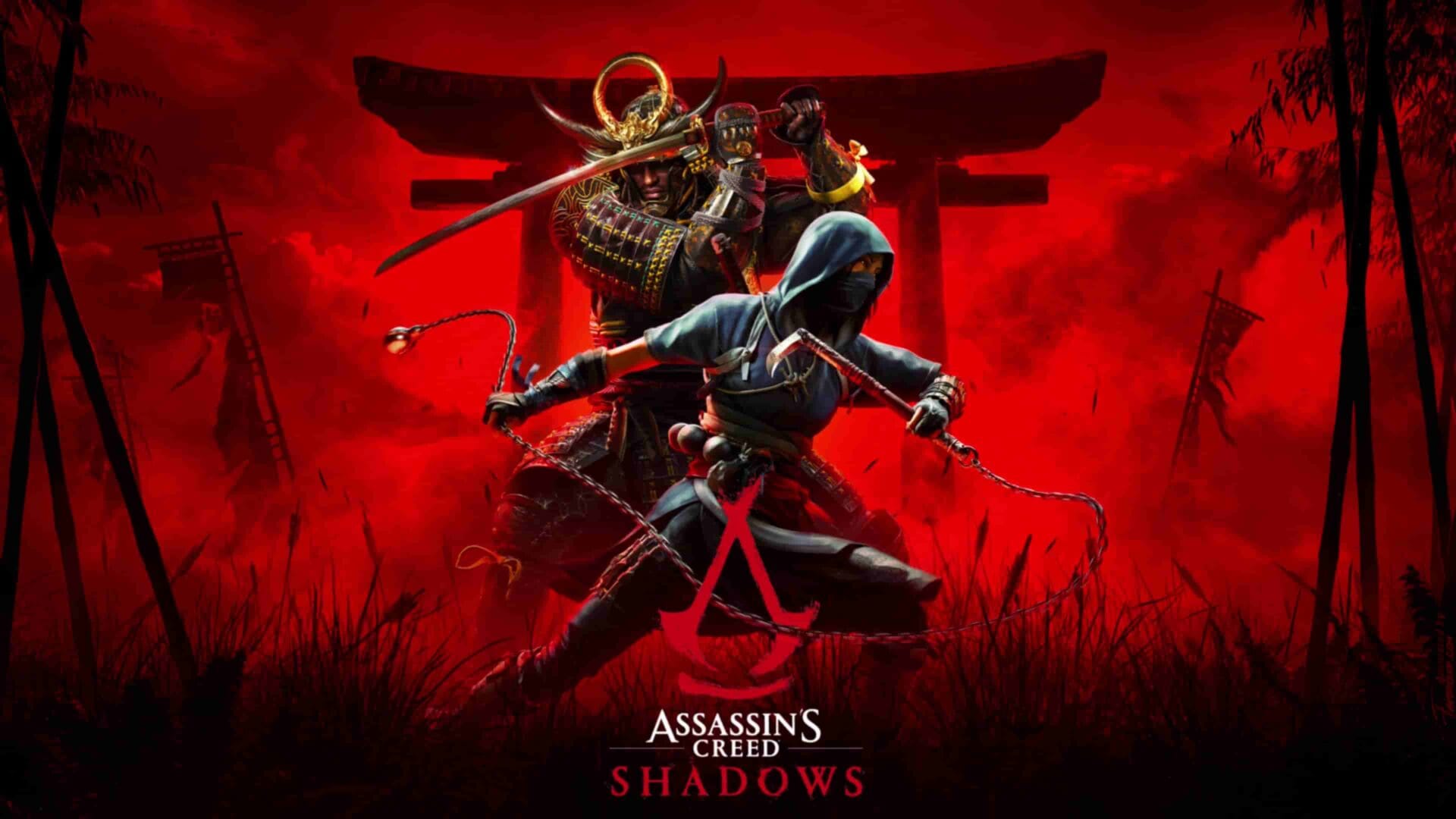
And don’t forget: this was Ubisoft’s “prestige” project. The one game they were banking on to reset the clock, win back lapsed fans, and reignite excitement in the franchise. Instead, it’s being talked about less than Mirage, a literal side project. The irony? Mirage was marketed as a smaller, more focused return to form – and it arguably did a better job recapturing the AC magic than this triple-A spectacle.
Behind the scenes, the shakeup has already begun. Ubisoft recently spun off Assassin’s Creed, Far Cry, and Rainbow Six into a new subsidiary, with Tencent buying in to the tune of €1.16 billion for a 25% stake. Translation: Ubisoft is restructuring because they have to. They’re bleeding money, losing audience trust, and their flagship IP just faceplanted in front of the entire industry.
So let’s call it what it is. Assassin’s Creed Shadows wasn’t just underwhelming – it was a flop. Not in the catastrophic, Battlefield 2042 kind of way, but in the quiet, disappointing sense. The kind where fans stop arguing, stop hoping, and just… stop caring. And that’s worse.
The legacy of Shadows might not be outrage, but apathy. A reminder that you can have a dream setting, legacy characters, and a billion-dollar brand – and still miss, if your foundation is broken. Ubisoft keeps trying to patch the hull, but the ship is sinking. And unless they radically rethink what Assassin’s Creed is, no amount of ninjas, samurai, or shiny new engines will save them.
Ubisoft didn’t just need a good game. They needed a miracle. Assassin’s Creed Shadows wasn’t it.





